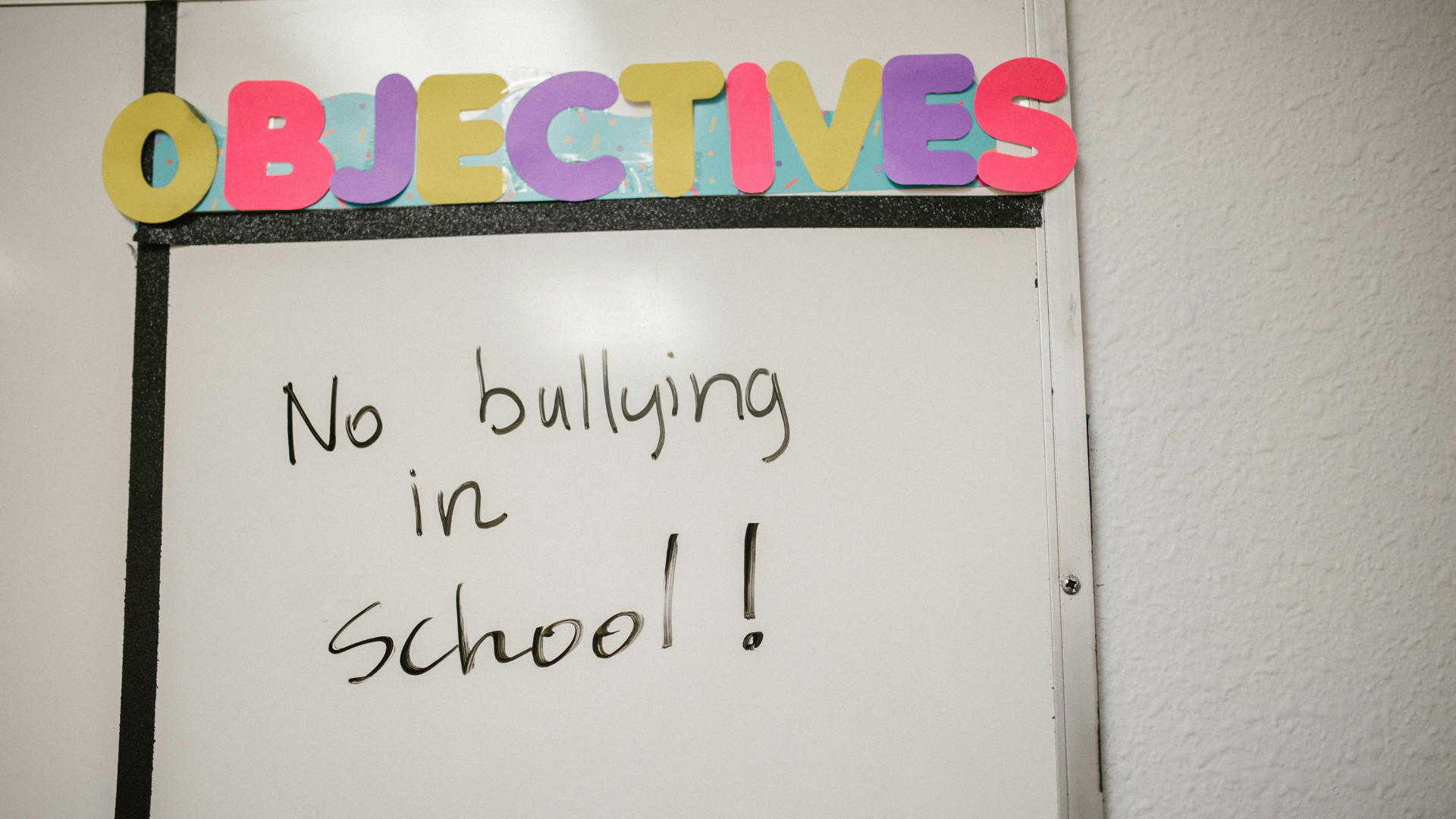Promoting a Safe and Inclusive Environment
How we can help during Anti-Bullying Week
This week, as we see the start of Anti-Bullying Week, it’s essential to place renewed focus on creating a safe, supportive and inclusive environment for all students. Teachers play a vital role in not only recognising and addressing bullying but also supporting students in building mental resilience. This blog explores identifying signs of bullying, providing support, understanding the mental health impact of bullying and guidance for educators who may also face bullying in their workplace.
Identifying Signs of Bullying
Spotting the signs of bullying early on is key to intervention. Students may not always express that they’re being bullied, so it’s important to stay vigilant to subtle indicators. Look out for behavioural changes, such as:
- withdrawal from friends
- a sudden drop in academic performance,
- signs of distress, including anxiety and irritability
- Physical symptoms like bruises, damaged belongings
- frequent “sick days”
Being observant is crucial, as studies show that over 20% of students experience bullying, with long-lasting effects if not addressed promptly. By recognising these early indicators, educators can provide timely support to those in need.
Providing Support to Students Experiencing Bullying
Creating a space where students feel safe and respected is the first step in preventing and addressing bullying. Educators can encourage open discussions around bullying, making it clear that students can seek help without fear of judgement or repercussion.
Encouraging bystanders to support peers who may be targeted helps create a culture where bullying is less likely to thrive. The NSPCC provides resources on building inclusive environments and how to handle bullying in schools. By developing strong, supportive relationships with students, educators help create a safe and empowering school environment.
Here are three evidence-based strategies that teachers can use to help support students who are victims of bullying:
Create a Safe Reporting Environment
Encourage open communication by ensuring students know they can report bullying incidents safely and confidentially. Evidence shows that students are more likely to seek help if they feel secure and supported when reporting issues. Teachers can build this safe environment by reinforcing that all reports of bullying will be taken seriously, listening attentively, and ensuring follow-through on action. Role-playing and practice scenarios can also help victims feel more confident about reporting incidents.
Promote Social Skills and Peer Support
Studies indicate that increasing a child’s social connections and peer support can lessen the negative effects of bullying. Teachers can create structured peer-support systems, like buddy programs or cooperative group activities, where students work with classmates to build positive relationships. Teaching conflict-resolution skills and empathy-building activities also helps students feel more accepted and supported by their peers, making them less isolated.
Implement and Reinforce a Clear Anti-Bullying Policy
Evidence supports the importance of clear anti-bullying policies that are actively enforced. Teachers should consistently communicate and model these policies, making sure that all students understand the consequences of bullying. Reinforcing these policies by addressing bullying behaviour promptly and involving the whole class in activities that discuss empathy, kindness, and respect helps to create a classroom culture where bullying is less likely to occur and more students feel protected.
Understanding the Mental Health Impact of Bullying
Bullying can have a serious and lasting impacts on a student’s mental health, often leading to anxiety, depression, and low self-esteem. Addressing these issues early is crucial as unaddressed bullying can lead to prolonged mental health struggles and decreased academic engagement. Teachers can support their students by promoting open dialogue about feelings and directing them to counselling services when necessary.
To further support mental health and resilience, our clinically-proven app eQuoo offers students an evidence-based resource. eQuoo uses interactive story-telling and scenarios to build resilience and reduce symptoms of anxiety and depression. eQuoo’s clinically proven techniques promote confidence, social skills, and self-awareness, qualities that are instrumental in a supportive educational culture. By empowering students and teachers alike, eQuoo helps create a foundation for well-being and fosters a positive, bully-free environment.
Guidance for Educators Experiencing Bullying
Bullying isn’t limited to students. Educators can also face bullying from colleagues or even parents, and it’s important for teachers and tutors to recognise their own needs for support. If you are experiencing bullying, reach out to trusted colleagues, supervisors, or counselling resources to find solutions. Understanding your school’s policies on workplace bullying is essential, as many institutions have resources and protocols in place to address these issues.
Organisations like Education Support offer additional guidance for teachers experiencing workplace bullying and can be invaluable resources for mental health support.
Conclusion
Creating a bully-free environment requires a collective effort. Through early recognition, strong support networks, and accessible tools like eQuoo, educators can help students develop the resilience needed to navigate challenges confidently. As we reflect on Anti-Bullying Week, let’s remember that building a safe and inclusive space is achievable, one supportive conversation at a time.
To find out more about our solution, register your interest for eQuoo below to find out how we can support you.


